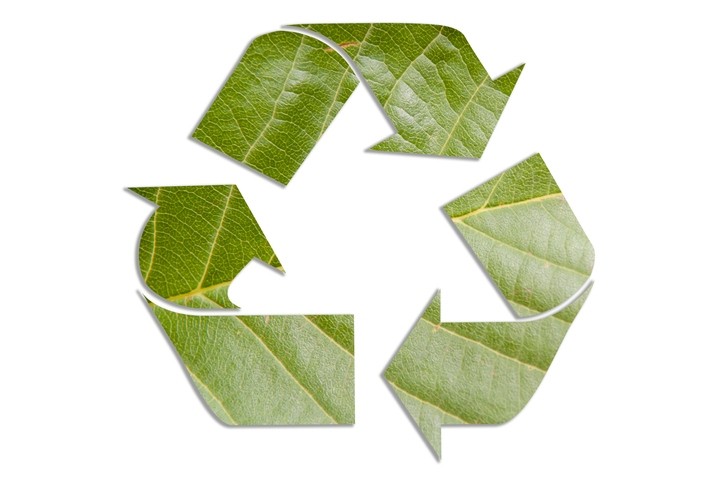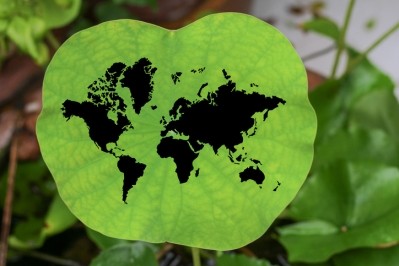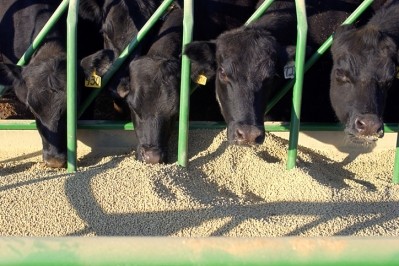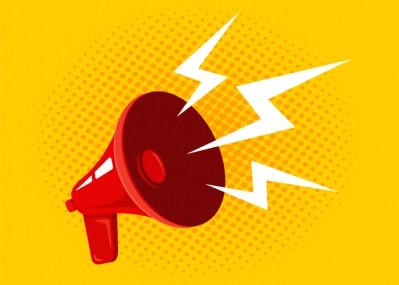Purina seeks to boost sustainability with feed tub, packaging recycling program

The recently concluded recycling pilot program and ongoing recycling project focus are part of Purina Animal Nutrition’s effort to increase company sustainability and help producers manage feed tub disposal, said Dave Hoogmoed, president, Purina Animal Nutrition and executive vice president, Land O’Lakes, Inc. said.
“As we look towards the next 125 years of animal nutrition we need to be pushing for, and assisting in, developing sustainable solutions for future animal owners,” he added.
The company has a range of feed products sold in feed tubs including several mineral licks and protein products for cattle and heifer feed. Purina Animal Nutrition is a subsidiary company of Land O’Lakes.
“As our feed tub product line continues to grow, we are increasingly aware of the responsibility and opportunity to create more of a closed-loop system,” Hoogmoed told us. “We will strive to walk the talk on sustainability.”
The company has a responsibility to work on new options for managing packaging waste from feed and feed products in addition to providing nutritional products, he said. “Nutrition is one component of animal ownership and we are continuing to focus solutions and services,” he added.
Feed packaging material has to be tough to survive the weather, hungry animals, rough handling and the shipping process, he said. “Feed packaging needs to be incredibly durable to withstand the elements.”
“This means the need to use rigid plastics, stronger corrugates, and many other materials,” he said. “Based on the durability of these components they present a challenge for local recycling facilities and are overwhelmingly not accepted, which presents a challenge for animal owners and producers. With few options, these [feed] tubs and bags are often stacked up, buried, or burned across America.”
The initial pilot program for the recycling program ran in September in Northwestern US. Next year, the recycling program will be expanded into California along with the Southwest and Northeast.
Pilot project highlights
During the pilot for the recycling program the company partnered with a feed retailer to provide feed buyers a place to return emptied feed tubs, the company reported. Customers also received a discount on new feed tub purchases if they returned the emptied containers.
Returned feed containers were sent to a plastic lumber manufacturer to be used in new products including fencing, benches and railings, the company said. To turn the containers into new products they have to be chipped, melted and extruded in different shapes of various sizes.
“The response to these programs has been very strong and provided relief to animal owners who have learned to simply deal with the lack of recycling options,” said Hoogmoed. “Collection centers and bailers at pilot retailers have stayed busy giving us an optimistic outlook for program expansion.”
Poultry pen production
In addition to recycling the feed containers and turning them into new products, a selection is being used to address another challenge for some poultry producers, Purina reported.
The Project Re-Coop makes floating chicken coops from recycled feed container material and is intended to address bird loss from weather-related disasters and flooding, the company said. The project started following the news that millions of birds and other livestock drown every year.
Hurricane Florence in 2018, which hit the Carolinas, was reported to have killed about 3.4m chickens. While the Georgia Department of Agriculture reported the destruction of buildings housing about 2m chickens during Hurricane Michael.














